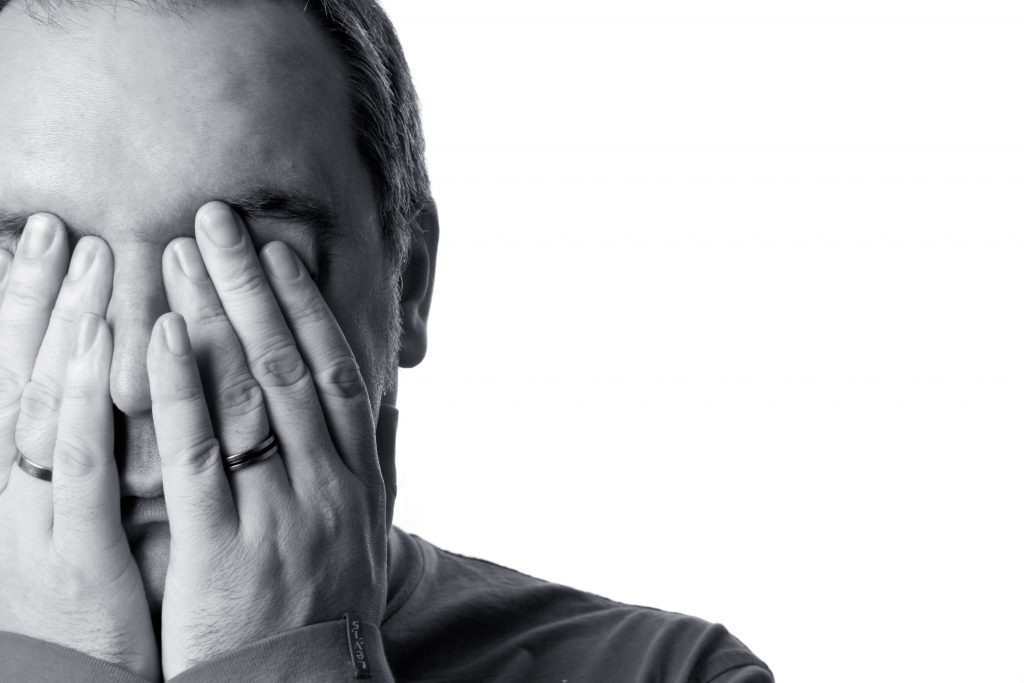 Last week I was speaking with a colleague in mental health about a recent psychiatric crisis with a member of my family. We both agreed that in such situations, it’s important for families to have a trusted professional (or team of professionals) to turn to for help.
Last week I was speaking with a colleague in mental health about a recent psychiatric crisis with a member of my family. We both agreed that in such situations, it’s important for families to have a trusted professional (or team of professionals) to turn to for help.
My colleague stated that the crisis clinician’s job is easier than a family member’s. It takes great skill and instincts honed by years of experience for a clinical first responder to intervene in a crisis situation. People’s well-being, and even their lives, hang in the balance of the clinician’s on-the-spot assessments and decisions.
Yet family members are frequently the actual first responders, and their decisions and actions in a crisis may count for even more than those of skilled professionals.
As a mental health professional and a family member, I have dealt with crises from both sides of the firing line and wholeheartedly agree that it is family members who have the tougher job. It is easier to respond in a crisis situation when you are relying on professional training rather than parental instincts, and are following a treatment protocol instead of your own heavily invested emotions.
It’s our emotional involvement which makes us such strong advocates for the treatment and recovery of our loved ones living with mental health disorders. These same emotions can also get in the way of helping, while they can make us nearly as distressed as the loved one we are trying to help.
In the fourth installment of Laurel House’s Family Seminar Series, Licensed Clinical Social Worker and therapist Stephanie Raia, LCSW, will talk about stress and emotion in families coping with a serious mental health concern.
Research shows that psychiatric relapse rates are higher in families where there is a high degree of “expressed emotion” of a critical, hostile or over-involved nature. Psychoeducational approaches which focus on improving communication within the family, teaching problem solving skills, and helping patients and their relatives to express negative feelings in more constructive ways can result in improved outcomes and lower relapse rates.
This is not a “blame the family” approach. Family members, and especially parents, need tools and support to manage the stress and many negative emotions which accompany a mental health crisis with a loved one. Stephanie Raia will discuss several of these coping skills and methods in her talk at Laurel House this Thursday evening at 6:30 PM.

Thursday evening October 30, 2014 from 6:30-8 PM (reception at 6 PM)
- Silver Hill Hospital: My Family’s 35-Year History with a National Leader in Quality Mental Health Care - February 7, 2023
- Connecticut Mother Who Lost a Son to Overdose Shares Her Story and Hosts Wilton Fundraiser to Benefit Laurel House - November 9, 2022
- Laurel House Offers $10,000 Racial Equity Scholarship for a Black or Hispanic Student Pursuing a Master’s of Social Work Degree - June 8, 2022


